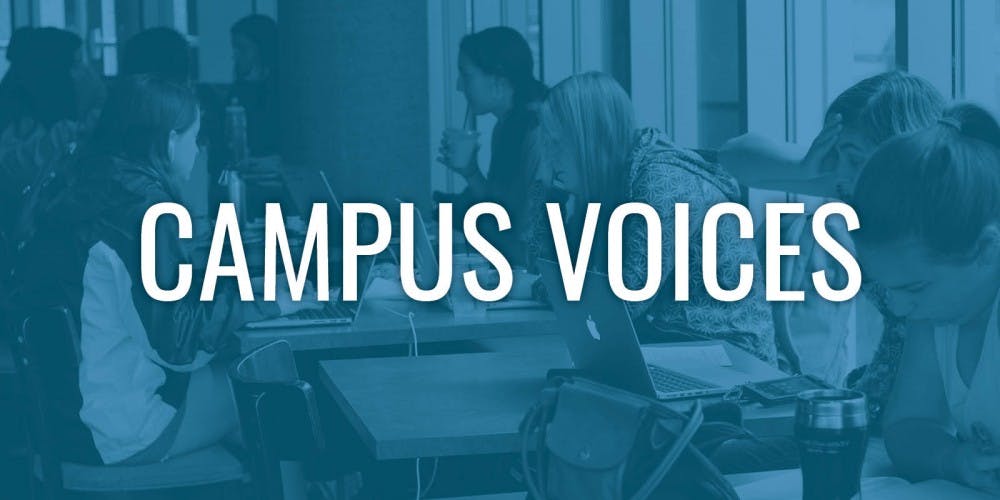According to the National Alliance on Mental Illness, at least 1 in 5 college students battle a diagnosable mental illness. This challenge affects millions of people across the world. Mental illness is certainly not a laughing matter or something to take lightly. Unfortunately, mental illness can lead to suicide, serious physical injuries, life-threatening medical problems and intense emotional pain. This pain is intensified when peers make jokes about mental illness — and these jokes have made their way to Elon University.
As a teenager, I faced a variety of mental health issues. I battled anorexia nervosa, which led to many hospitalizations and some near-death encounters, as well as panic disorder, generalized anxiety disorder and depression. Throughout my experiences in treatment for my mental illnesses, I met individuals with PTSD, bipolar disorder, schizophrenia, self-harm addictions, alcoholism, drug addictions and countless others. I realized how prevalent mental illness was, and I became acutely aware of insensitive comments regarding these disorders.
My sensitivity prevailed and even grew deeper as I have been progressing through my time at Elon. While I found incredible support and a welcoming environment here, I couldn’t help but notice my peers making hurtful comments. These comments were not directed at me, but hearing things like, “I skipped lunch, I’m so anorexic,” and “I got PTSD from that test, it was so hard,” cut deeply. After my time in treatment, I knew the pain that anorexia and PTSD cause to many, and I did not think these “jokes” were funny.
Sophomore Rachel LeFrock says, “I couldn’t agree more. While I realize that many people may be unaware that they are making these ‘jokes’, it is still important that people understand the offensive and harmful effects they have that might affect others.” She continued, “I have witnessed this on campus often and I personally admit that I may have engaged in this type of behavior. I strongly believe something should change.”
Sadly, many Elon students silently battle mental illness and endure these insensitive jokes almost daily. With the recent suicide of our own Harrison Durant, I thought the jokes would lighten up and eventually disappear completely. However, I continued to hear peers say, “Ugh I have so much work to do, I’m going to kill myself.” This shocked me. We lost a student to suicide and yet students still joke about taking their own lives.
With this recent tragedy, I felt the need to stand up for those battling mental illness and start the conversation about why the previously mentioned jokes are hurtful. I wrote an article for my eating disorder recovery blog, Honestly Free[ed]. The post, “5 Jokes About Mental Health That Need To Stop”, was written from a place of love and a genuine desire to make the Elon community a more comfortable place for students battling mental illness.
I am writing now with the same intentions. I don’t wish to point fingers or accuse any student, and I do not intend to blame Elon University in any way. I think Elon is unique in that the culture here is friendly and inviting, with students and faculty continuously striving to do the next right thing.
I am sharing my message here with the hopes that we can come together as a campus to support one another and treat each and every person with compassion. I know jokes about mental illnesses usually do not come from a place of wanting to hurt another person, and in fact are not given a lot of thought. I strive to change this— I encourage students to think before they make a joke, to ask, “Does what I’m about to say make light of another person’s serious pain?” The general rule of thumb is that if you would not joke about a debilitating physical illness, you should not joke about a mental illness.
I believe that Elon’s student body can continue to grow and create a warm, welcoming environment for all. I sincerely hope that those who read this article will take action to end the “jokes” and that students will feel safe enough to call out their friends if necessary. Together, we can be the change.


